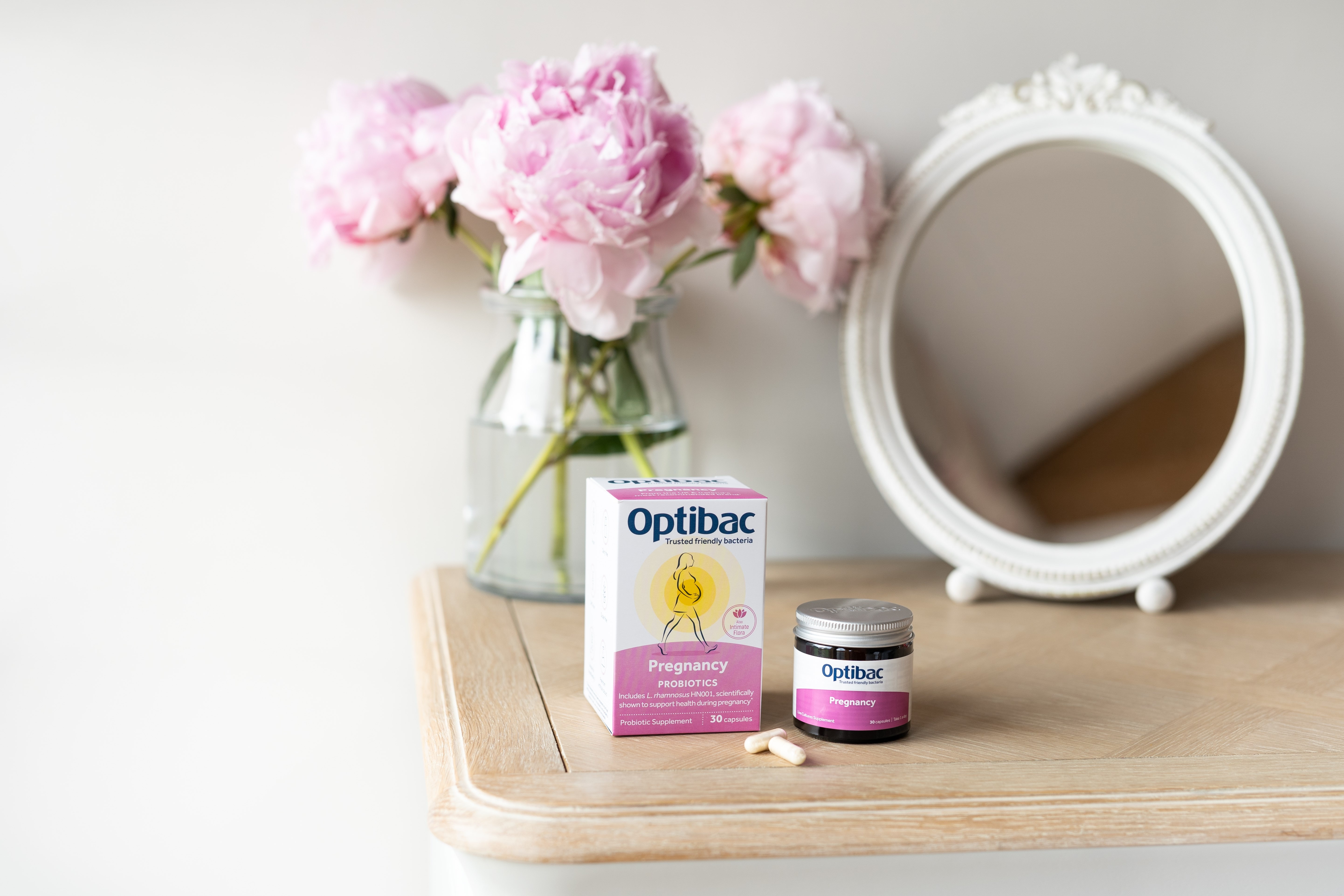You're away from FREE US delivery Free US delivery (applied at checkout) on orders over $60.00
You have qualified for Free US delivery
Lifestyle
5 Easy Ways To Support Digestive Health In Pregnancy
Women experience many bodily changes in their lifetime, from puberty through to menopause. Nine months of pregnancy is a relatively short time frame compared to other stages, but the changes for both mum-to-be and baby are rapid and life-altering.
Digestive complaints, such as nausea, heartburn and constipation are common during pregnancy. Despite this, pregnant women can feel more comfortable talking about what’s going on with their growing baby than their own digestive health. I certainly did! In this blog, I share some simple ways to look after your digestive health during pregnancy.
1. Eat smaller, more regular meals
Now is a good time to switch to eating smaller amounts more frequently. Large meals can make you feel overly full, which can aggravate nausea. Plus, as anyone with heartburn knows, eating large quantities of food in one sitting can trigger unpleasant acid reflux. During the third trimester of pregnancy heartburn is even more common, with up to 72% of women suffering1. This is due to the growing baby taking up more space in the abdomen and pushing the stomach higher. Rest assured, once baby is out in the big wide world heartburn symptoms tend to fade.
2. Keep up the fluids
We all know that drinking plenty of water is vital for good digestive health. Fluids are equally as important during pregnancy to keep the gut healthy and urinary infections at bay. Even mild dehydration can lead to constipation, headaches and fatigue – all of which can throw women off their pregnancy glow. It is generally recommended that adults drink between 1.5 and 2 litres of water daily. During pregnancy, especially when the weather is warm or you are exercising, I suggest increasing this to up to 3 litres of water per day. Much like with food, it is best to drink little and often to keep your gut (and bladder!) happiest. If you struggle to drink so much plain water, then mix it up – herbal teas like peppermint and ginger (which are great for soothing nausea) also count towards your daily fluid intake.
3. Remember your intimate health
Pregnancy hormones can cause changes in the gut microbiome, as well as the vaginal microbiome. It is widely accepted that vaginal infections can lead to a greater risk of pregnancy complications, therefore it’s really important that pregnant women also take care of their intimate health, even as early as pre-conception. As you move through the first and second trimesters, the growing uterus increases pressure on the bladder meaning you might feel the urge to urinate more frequently. A growing baby bump also hampers your view down there, so it makes sense to maintain good intimate hygiene during pregnancy.
4. Stay active
I’ve already mentioned constipation during pregnancy, and being physically active is one easy way to encourage movement in the gut. Exercise during pregnancy doesn’t have to be complicated – in fact a simple walk or following a pregnancy yoga video on YouTube are two of the easiest ways to get active when pregnant. Swimming is another great option for pregnant women, particularly during the third trimester, as water gives your body buoyancy allowing you to exercise aerobically without any high-impact stress. A walk after eating a meal can also help with heartburn and nausea because by standing upright gravity does its job, helping food to naturally go down to the stomach.
5. Look after your immune system
Immunity as an expectant mum often takes a dip, meaning that you are more susceptible to colds and flu2. This is a good thing, although it might not feel like it at the time, as it prevents your body from rejecting the foetus. If you are pregnant while also taking care of toddlers or small children (who, let’s face it, tend to share every bug going!) then taking care of your own immune health is doubly important. As 70% of the immune system lies in the gut, eating a varied diet rich in fresh vegetables and fruits, protein, and healthy fats is a great way to look after your immune health and gut health at the same time. Plus, it’s always a good idea to minimise sugar and processed foods. Don’t forget to take your daily antenatal supplements too, for the essential vitamins and minerals you and your baby need.
If you wish to take a probiotic supplement too, then consider choosing one that contains strains such as Lactobacillus rhamnosus HN001 and Lactobacillus acidophilus La-14®, such as Optibac Probiotics Pregnancy. These strains have been trialled specifically in women during pregnancy, while breastfeeding, and post-birth, and shown to support digestive, immune and vaginal health.
You may also enjoy reading these other articles:
Immune-Boosting Breakfast Recipes
Your Intimate Health in the Warmer Months
References
- Vazquez JC (2015) Heartburn in pregnancy. BMJ Clinical Evidence. 2015 Sep 8;2015:1411.
- Mor G, Cardenas I. (2010) The immune system in pregnancy: a unique complexity. American Journal of Reproductive Immunology. 63(6):425-433.
